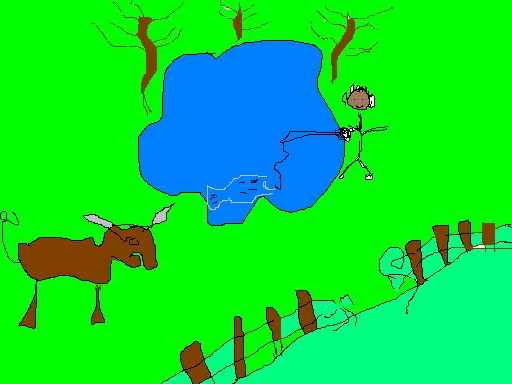How I learned composition: By osmosis. My Dad was a draftsman and a semi-pro fotog with an excellent compositional eye, so I just learned to see in the way his prints emerged. Sure, I later did coursework in design and tech drawing, and map- and block-print-making, and even (gasp!) photography. But the 'eye' training as a child had the most influence. My younger sisters are both graphic artists, one professional; they seemingly absorbed the same lessons.
There's a divide between 'taking' photos and 'making' photos. I rarely plan ahead now, just look at scenes and decide whether the shapes, forms, textures, shadows, would add up to an eye-grabbing image. Another approach is to storyboard the photos: sketch the scenes you want, and then realize them with whatever models and props are necessary. That is 'making' pictures, not 'taking' them -- a studio process almost.
Another approach is to implant various forms into your consciousness, then to stay alert for such forms to appear in front of you -- basically to 'sketch' mentally, previsualization without a paper trail. I'm now interested in subjects with inappropriate lines in front of them, like a a waterfall framed behind a close chain-link fence. Some fotogs admit to an obsession with automobile door handles, broken headlights, etc -- those are the forms they seek out.
_ _ _ _ _ _ _ _ _ _ _ _ _ _ _ _ _ _ _ _
+1 for using a TLR or a LF view.cam as a sketchpad. I'm too lazy for LF work, but Dad's old Rolleicord and Minolta Autocord, and my Yashicamat 124G, sure were excellent tools for seeing forms and shapes. I sometimes (rarely) do that with an ancient 6x9 folder that has both a groundglass and a rollfilm back. But it's rather easier to use an almost-as-ancient Praktica FX3 135 SLR which, like a TLR, has a groundglass look-down viewscreen.
Any view screen that flips or mirrors the image forces you to look at shapes, not details. You hold a dSLR or P&S up to your eye (or just chimp the screen) and you're looking into a window filled with details, and you think, "Ooooh, just look at all that stuff!!" and you snap the shutter. Oops. The sum of the details adds up to less than the whole. One of the great taglines around here goes something like:
Painting is an additive art; the painter keeps adding paint until a picture is constructed.
Photography is subtractive; the photographer eliminates clutter until only the essence remains.
So study the basics of composition. Divide frames into thirds or quarters or fifths or whatever. Put subjects in the center, or into some quadrant, or at some corner or edge or whatever. Look for strong lines, circular or elliptical, horizontal or vertical or diagonal; I really like strong diagonals. Learn about what images grab the human visual system. Sketch if you can; cheat if you can't. Creating images has no rules, just often-violated guidelines. If it works, do it.


 Similar Threads
Similar Threads 




 ........on reflection, they weren't all that good.
........on reflection, they weren't all that good. I'll be sticking with my K20D and trying to stay away from drawings........I think you can agree that it is not my area of expertise.....
I'll be sticking with my K20D and trying to stay away from drawings........I think you can agree that it is not my area of expertise.....






 [/IMG]
[/IMG]













